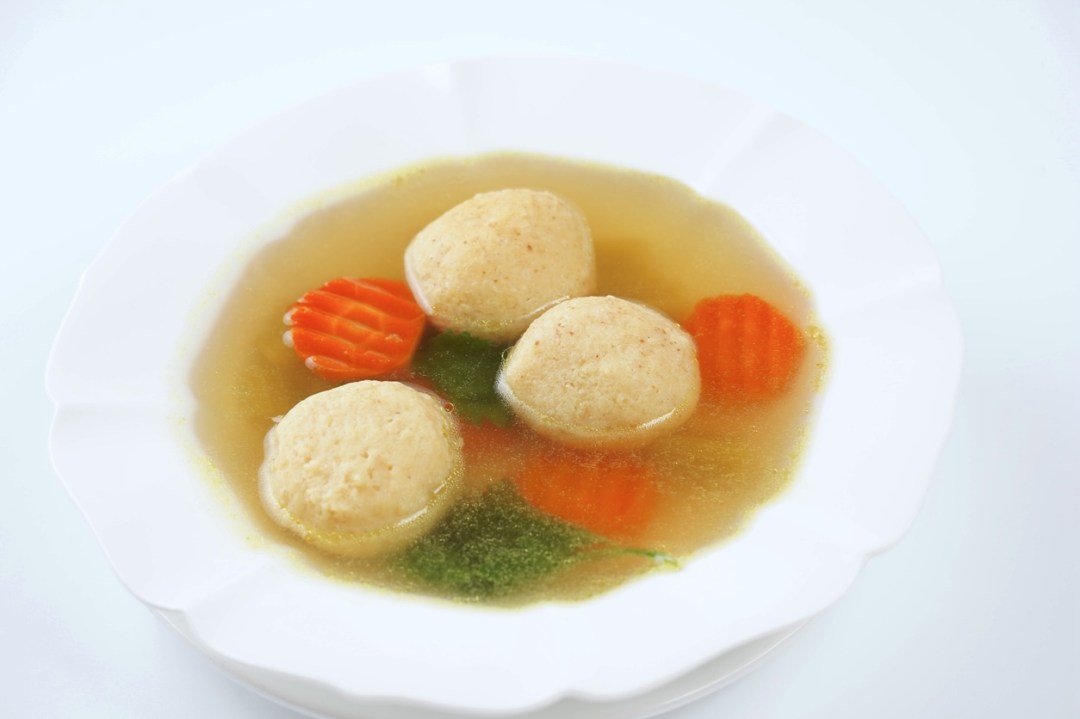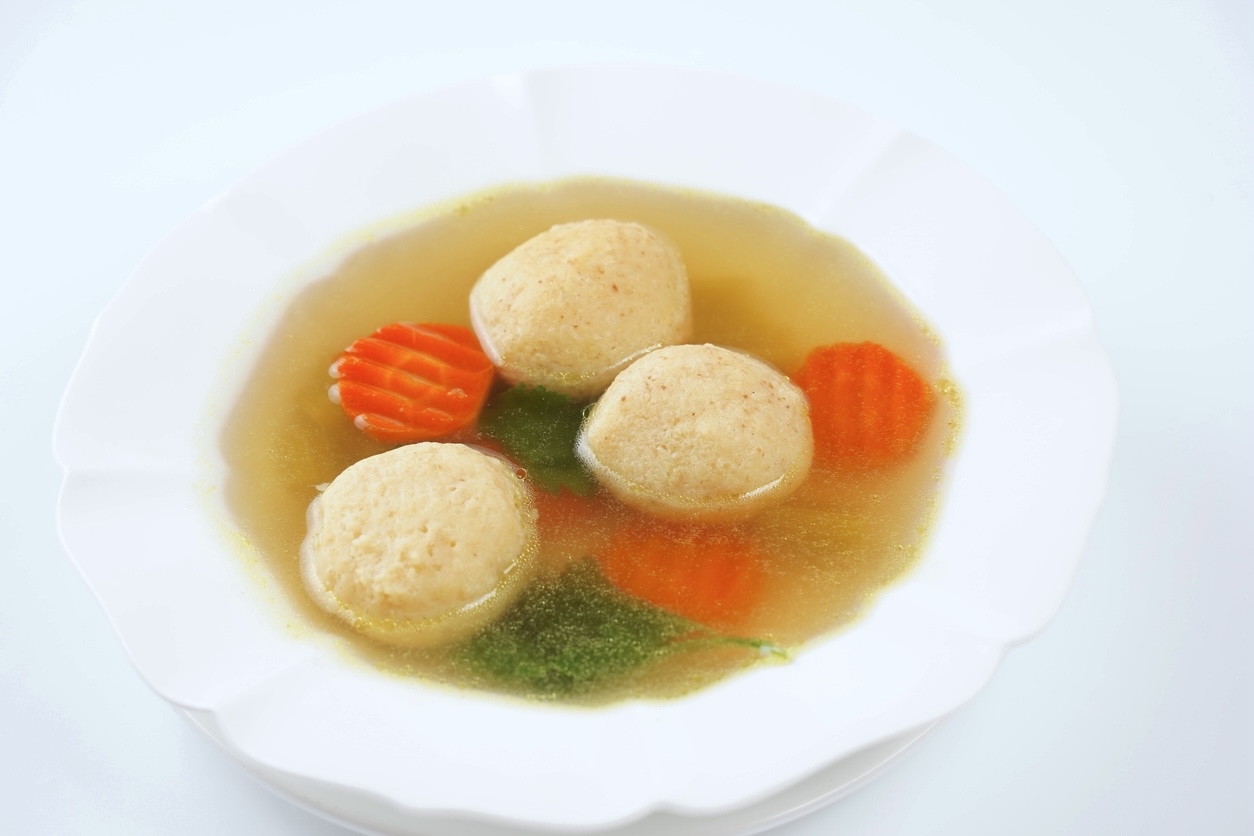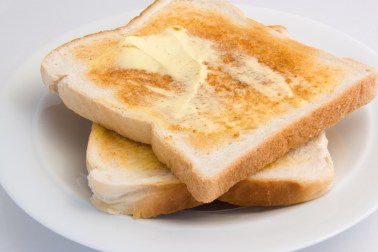We Jews make up 0.2 per cent of the world’s population but have won 22 per cent of all the Nobel prizes ever awarded. And we have not done this with a tailwind. Mark Twain thought the reason Jews tended to do so well in business was above-average honesty.
Jewish success has been so extravagantly out of proportion to their population that their finest gentile supporters have long sought reasons. Clive James, wondering about our influence in the arts, felt exclusion may have had its benefits. ‘Whole generations of Jewish literati were denied the opportunity of wasting their energies on compiling abstruse doctoral theses. They were driven instead to journalism, plain speech, direct observation and the necessity to entertain.’
Those who hate the Jews, of course – or merely feel polite distaste – have their own ways of explaining away their success. But to this crowded field I do not seek to add. My own question is this. Why, when Jews have given the world so much, when their appetite for culture is so discriminating, when they so consistently outperform their demographics and o’erleap adversity, and when they are not a group indifferent to the pleasures of the table – why is their food so bad?
Ottolenghi is a fine culinary example, but of distinctively Middle Eastern food. Dim memories of Jewish ancestry for Jacob Kenedy, of the wonderful London Italian Bocca di Lupo, simply won’t do. Carciofi alla giudia – artichokes Jewish style – may well have originated in the Roman ghetto but is plainly more Roman than it is ghetto. What’s missing are not occasional Jewish dishes but a Jewish cuisine. Specifically, a Jewish cuisine people are eager to eat.
Deep frying, arguably, takes us as close as one gets to a Jewish cuisine in Britain that people want to eat. Chips have no known parents, but the fish that accompanies it is Jewish. Or at least it’s Jew-ish, which is to say that it was pioneered and invented by Jews in the 19th century. Chicken tikka masala is from Glasgow but still shows its Indian and Pakistani roots. Yet cod in batter – or whiting, since even haddock has become expensive – is seen the world over as quintessentially British.
Yes, there are bagels, which would certainly merit more consideration in a piece like this, save for the important fact that they leave me cold, and I’m the one writing this piece. Frankly, I’d rather they left me altogether. If the top half of the bagel falls to the floor accidentally, I’m the happier; the stodge oppresses the filling when it is meant to flatter. There are Reuben sandwiches, which I adore, but seem mostly prized in Britain for their novelty and their air of Americana.
Jews have been culturally successful partly because they have always been interested in culture, and wherever they have lived they have adopted the local cuisine
There is even matzo ball soup, which is not prized at all. Nor are Jewish food franchises springing up on our high streets, piri-piri joints being pushed aside by takeaways flaunting their chicken livers. The point is not that Jewish food doesn’t exist – but that most people, Jews included, aren’t much interested.
If I could put a little mental Star of David on the pickled cucumber it would make me happy. Faced with a choice between living an unexamined life, and one without dill pickles, I’d opt for the bracing vinegar tang and an idle mind. Pickles, however, may predate the Jews; the best we might say of them is that perhaps they were a necessary first step.
Growing up in Kilburn I never thought of myself as Jewish. Even the concept of assimilation made no sense – to the truly assimilated, it never does. Occasionally a lace tablecloth would emerge, woven by a Lithuanian ancestor, and sometimes my mother would ceremoniously put a dish of chopped liver onto it, which we would ceremoniously ignore. But perhaps assimilation is part of the answer. Jews have been culturally successful partly because they have always been interested in culture, and wherever they have lived they have adopted the local cuisine – ravenously, for the most part. Whether you call that cultural appropriation or integration is your choice, but I will judge you.
Jews excel beyond their numbers, and their success has enriched every culture they’ve touched. In cooking, not so much. Perfection, they say, is an insult to the gods – and besides, as the line goes in Some Like It Hot (directed by Shmuel Vilder and co-starring Bernard Schwartz, yielding the traditionally high Yiddish quotient for a Hollywood hit), nobody’s perfect.








Comments